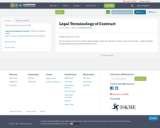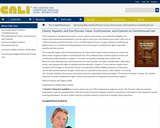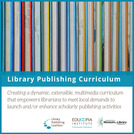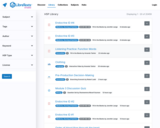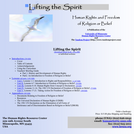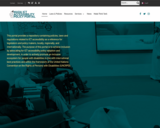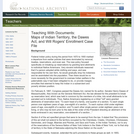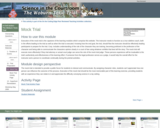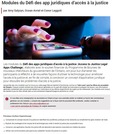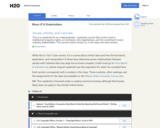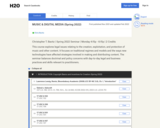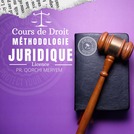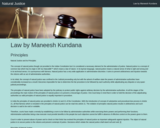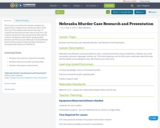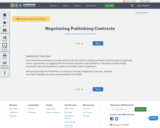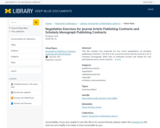
Legal Writing I & II; Legal Research and Writing & Introduction to Litigation Practice contains a brief discussion of all of the topics covered in a law school courses on legal writing, including a typical first semester course on legal research, analysis and writing an objective memorandum, as well as a second semester course on persuasion and writing an appellate brief, motion to dismiss or motion for summary judgment. The discussion focuses on the basics of analogical reasoning and persuasion and leaves out the minutiae. Each topic is taken one step at a time, with each step building on the step before it. The sources of law are presented first, then legal research, and reading and analyzing cases and statutes. The book covers analogizing a case to a fact pattern and marshaling the relevant facts to the elements of a statutory rule next. And then first section of the book concludes with legal citation, CRAC and CREAC, and writing a legal research memorandum. The text also includes a lot of samples and examples of how the author would write a case brief, a legal memoranda and an appellate brief, as well as an appendix with charts, outlines and exercises students can use to practice these skills. Legal Writing I & II; Legal Research and Writing & Introduction to Litigation Practice covers all the skills students need to know to work at a law firm, and everything students have to learn to begin practicing in litigation department of a firm.
The chapters of the book are as follows:
1.Sources of Law (Local Ordinances and Bylaws, State and Federal Law: Statutes, Regulations, Cases, Executive Orders, International Treaties, Compacts, and Agreements)
2.Legal Research (Secondary Sources, Researching Statutes, Researching Cases, Paper Research v. Computer Research)
3.Briefing Cases (Facts, Issue, Rule, Holding, Reasoning)
4.Applying Cases and Analogical Reasoning (Analogizing a Case to a Fact Pattern, Distinguishing a Case from a Fact Pattern)
5.Analyzing Statutes and Marshaling Facts (Determining a Statutory Formula, Definitions, Marshaling Facts to a Statutory Rule, Comparing a Case Interpreting a Statutory Rule to a Fact Pattern)
6.Citation (How to Cite Cases, How to Cite Statutes and Regulations, Quotations, Signals, Parentheticals, Reference Materials)
7.IRAC (Issue, Rule, Application, Conclusion, Using “IREAC” when it is Necessary to Explain the Rule, Using “Ferrari Has Really Cool Race Cars” when it is Necessary to Analogize or Distinguish a Case, Synthesizing a Rule from Multiple Cases, Explaining and Applying a Rule with Multiple Cases)
8. Objective Legal Memoranda (Organization of a Research Memo, Sample Memo)
9. Other Examples of Legal writing (Client Letters, Exam Answers)
10. Improving Your Writing (Additional Tips and Resources)
11. Credibility in Persuasive Writing (the importance of writing well)
12. Bias (Implicit Bias, Microaggressions, Dealing with Bias in Others)
13. Ethical Rules for Advocacy (Competence, Diligent, Honesty and Fairness)
14. Civil and Appellate Procedure (Rules for the Form and Content of Briefs and Memos)
15. Requirements for Civil Motions and Standards of Review for Appeals
16. Persuasive Writing (Writing Persuasive Facts, Writing Persuasive Arguments)
17. Memoranda in Support of Motions (Applying the Rules of Civil Procedure to a Sample Memo)
18. Motion Session (Arguing a Motion Before a Trial Court Judge)
19. Appellate Briefs (Applying the Rules of Appellate Procedure to a Sample Brief)
20. Oral Argument (Arguing an Appeal before a Panel of Appellate Court Judges)
In addition, there are numerous examples, exercises and sample documents in the appendix.
- Subject:
- General Law
- Law
- Material Type:
- Textbook
- Author:
- Fernandez Ben
- Date Added:
- 12/06/2022
